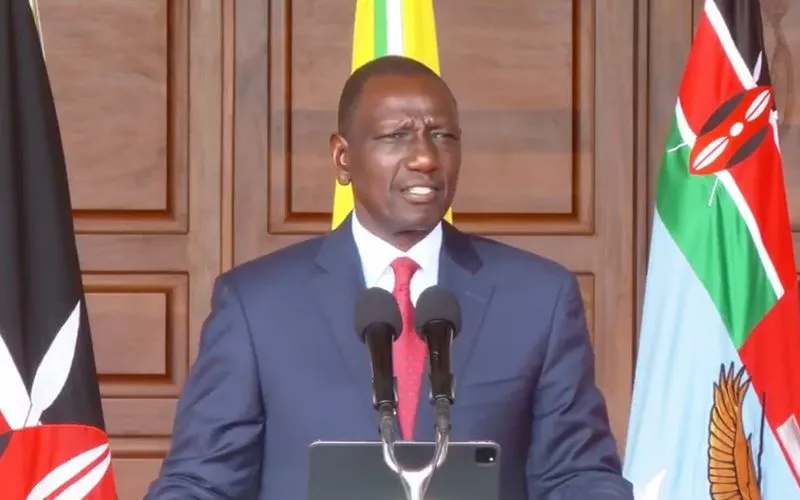He added that a “holistic” appraisal had been conducted of the performance of his Cabinet and its achievements and challenges, leading him to arrive at the decision to let the cabinet go.
In his July 11 address, President Ruto said he "will immediately engage in extensive consultations across different sectors and political formations, with the aim of setting up a broad-based government.”
The government he is to set up, he continued, is to “assist me in accelerating and expediting the necessary, urgent and irreversible, implementation of radical programmes to deal with the burden of debt, raising domestic resources, expanding job opportunities, eliminate wastage and unnecessary duplication of a multiplicity of government agencies and slay the dragon of corruption consequently making the government lean, inexpensive, effective and efficient."
"The operations of government will continue uninterrupted under the guidance of Principal Secretaries and other relevant officials," President Ruto said.
The Kenyan head of state rose to the presidency in Kenya’s August 2022 general elections after he expressed his solidarity with “hustlers” and promised a “bottom-up” approach to the country’s economy that he said would address youth unemployment and improve the lives of ordinary Kenyans.
The dissolution of the Cabinet is President Ruto’s second major decision amid protests that were sparked by the controversial Finance Bill 2024 starting from June 18, the day the Bill was tabled in Kenya’s parliament for debate. The first major decision was not to sign the Bill, having succumbed to public pressure.
Kenya’s youths have put the government on notice with additional concerns they say must be addressed, including corruption, the high cost of living, and unemployment among others.
Catholic youths have actively participated in the ongoing Generation Z (Gen Z)-led peaceful protests. On July 7, “Saba Saba” Sunday, the Chaplaincy of Kenya’s Catholic Archdiocese of Nairobi (ADN) facilitated a convention of Youth Serving Christ (YSC) and Young Catholic Adults (YCA) for Holy Mass at Holy Family Minor Basilica and thereafter a forum for them to join other youths to voice grievances against President Ruto-led government.
Members of the Kenya Conference of Catholic Bishops (KCCB) have collectively and individually expressed their support for the youths' demands for major reforms, accountability and good governance.
“You, the young people, are our hope,” KCCB members said in a June 29 statement that their Chairman, Archbishop Maurice Muhatia Makumba of the Catholic Archdiocese of Kisumu, signed.





